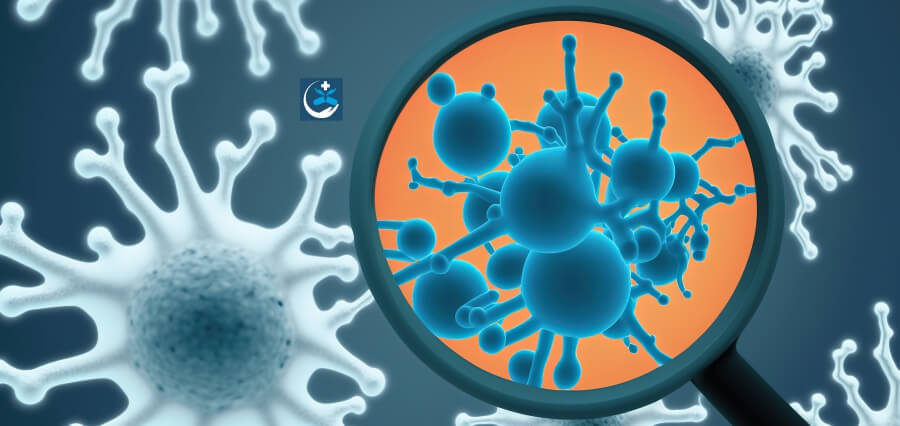A recently discovered class of antibiotics may be able to stem the spread of a virus that kills up to 60% of infected individuals.
The way zosurabalpin works is by eliminating the bacterial strain CRAB, which is increasingly dangerous due to its resistance to antibiotics.
Over a million people worldwide are killed by so-called “superbugs” every year, and the World Health Organization (WHO) has warned that we are approaching a “post-antibiotic” future.
Their proliferation carries the risk of reversing medical progress, rendering frequent infections and standard procedures potentially fatal.
But Zosurabalpin, produced by the massive Swiss pharmaceutical company Roche, has been demonstrated to eradicate CRAB, which medical professionals have warned is rampant in UK hospitals.
According to laboratory studies, the medication eliminated in mice extremely drug-resistant strains of Carbapenem-resistant Acinetobacter baumannii (CRAB).
The WHO has categorized CRAB as a “priority 1 critical” infection, meaning that new therapies are urgently needed.
The mortality rate for invasive CRAB infections is estimated to be between 40 and 60 percent.
Zosurabalpin kills bacteria by interfering with its ability to maintain its lipopolysaccharide-based protective membrane.
If human results are confirmed, zosurabalpin may be the first novel antibiotic created since 1968 to treat infections similar to CRABs.
Acinetobacter baumannii is a member of the Gram-negative bacterial class, which makes them challenging to eradicate because most antibiotics are unable to pass through their outer membrane.
Additionally, by understanding the mechanism of action of Zosurabalpin, scientists expect to design new drugs against superbugs.
Superbugs pose a serious threat that should not be taken lightly, according to Dr. Michael Lobritz, head of infectious diseases and early development at Roche.
He described antimicrobial resistance as a “silent pandemic” that is expected to kill more people over the next 30 years than cancer does now.
The findings were applauded by Dr. Andrew Edwards, a distinguished lecturer in molecular microbiology at Imperial College London who was not engaged in the study.
He told The Guardian that “CRAB is a significant cause of infection in hospitals, particularly in people who are on ventilators.”
Unfortunately, because this bacterium is so skilled at preventing antibiotics from penetrating its outer cell layer, developing new treatments for it has proven to be quite difficult.Consequently, this work is really intriguing and gives hope that the methods being used to discover new antibiotics may be successful.
The journal Nature has published the findings of scientists’ studies employing Zosurabalpin.
One found that the medication prevented animals with CRAB-related sepsis from dying and decreased the amount of bacteria in mice with CRAB-induced pneumonia.
Another uncovered the precise mechanism by which Zosurabalpin inhibited CRAB.
Although encouraging, the outcomes have not yet been confirmed in human trials, where a lot of drugs fail during the development phase.
According to a groundbreaking study released in January 2022, 1.2 million individuals died in 2019 as a direct result of antibiotic-resistant illnesses.
It was estimated by researchers at the Universities of Washington and Oxford that between 50,000 and 100,000 of these deaths were caused solely by drug-resistant CRAB.
Read More: Click Here

